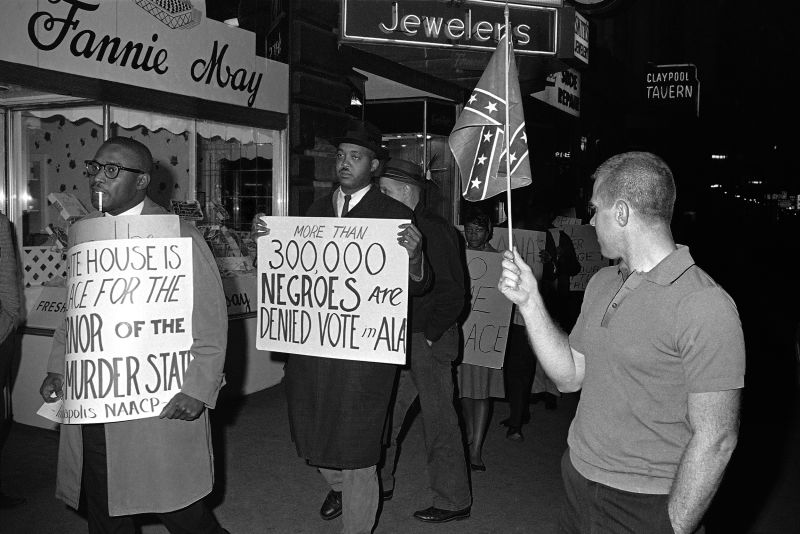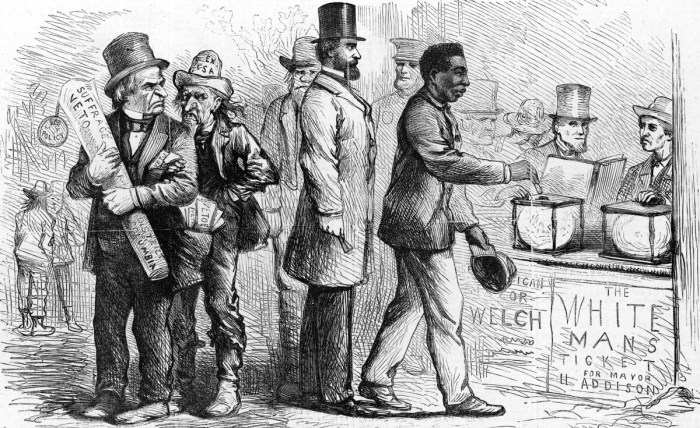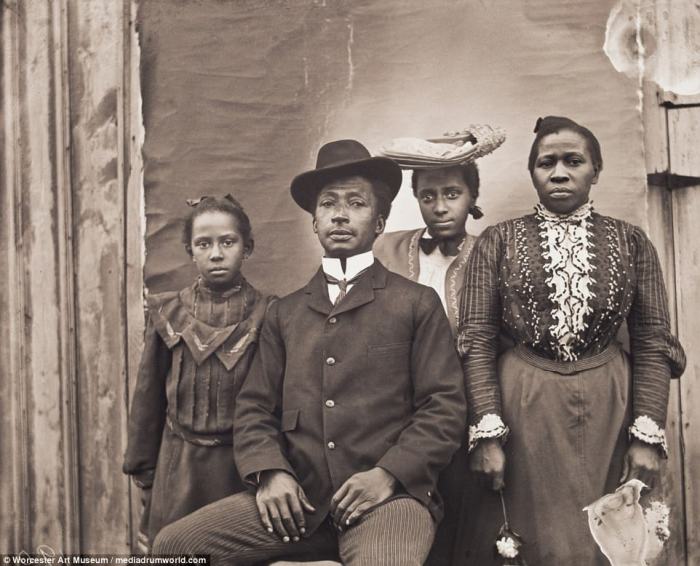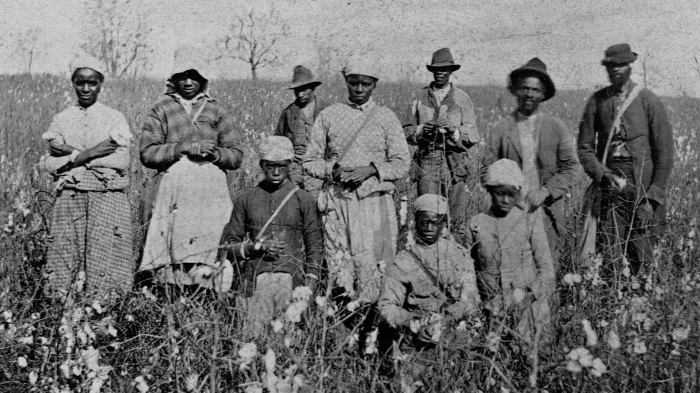The question of how free were free blacks in the North is a complex and multifaceted one. Beginning with how free were free black in the north dbq answers, this narrative unfolds in a compelling and distinctive manner, drawing readers into a story that promises to be both engaging and uniquely memorable.
This comprehensive analysis delves into the legal, economic, social, and political experiences of free blacks in the northern states, providing a nuanced understanding of their struggles and triumphs.
Free blacks in the North faced a range of legal restrictions and limitations. Despite being legally free, they were often denied the same rights and privileges as white citizens. State laws and court decisions varied widely, with some states offering greater protections than others.
However, even in states with more progressive laws, free blacks faced discrimination and prejudice in many aspects of their lives.
Legal Status of Free Blacks in the North: How Free Were Free Black In The North Dbq Answers

Free blacks in the North had a complex legal status that varied from state to state. In some states, they enjoyed a degree of legal protection, while in others they faced significant restrictions.
In Pennsylvania, for example, free blacks were granted the right to vote and hold public office in 1780. However, in other states, such as New York, they were denied these rights until the mid-19th century. In some states, free blacks were also subject to discriminatory laws that restricted their ability to own property, testify in court, and serve on juries.
Impact of State Laws and Court Decisions, How free were free black in the north dbq answers
State laws and court decisions played a significant role in shaping the legal status of free blacks in the North. In 1857, the Supreme Court ruled in the Dred Scott case that free blacks were not citizens of the United States and therefore had no legal rights.
This decision had a devastating impact on the legal status of free blacks in the North, and it was not until the passage of the Fourteenth Amendment in 1868 that they were finally granted citizenship.
General Inquiries
Were free blacks in the North truly free?
While free blacks in the North were legally free, they faced significant discrimination and prejudice, limiting their freedom in many aspects of their lives.
What were the main economic challenges faced by free blacks in the North?
Free blacks in the North faced barriers to employment and economic success, including limited access to education, skilled trades, and capital.
How did free blacks in the North respond to discrimination and segregation?
Free blacks in the North established their own communities and institutions, including churches, schools, and businesses, to counter discrimination and build a sense of community.


